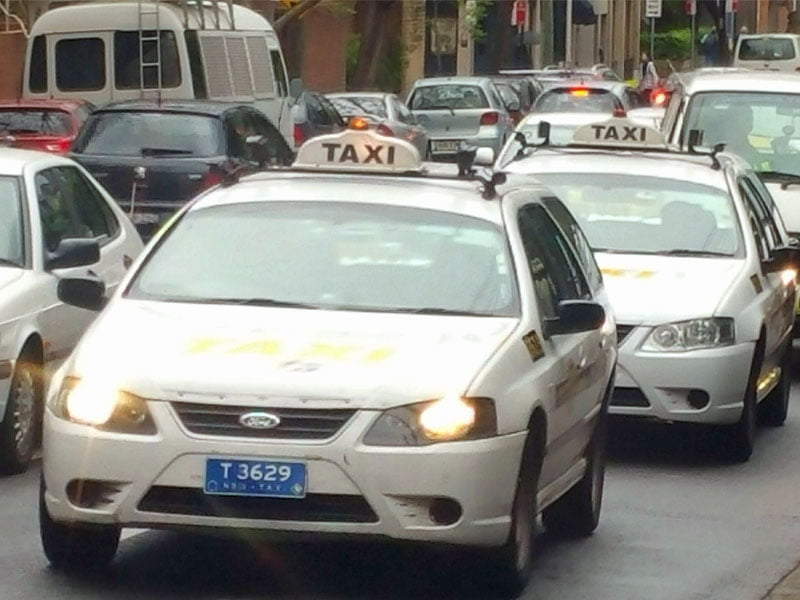Regulation is often cast as one of the major impediments to innovation.
Normally the concern is about regulation that impedes market entry, but the ACCC and its interpretation of competition might be a greatest impediment.
This concern arises out of the ACCC’s draft decision to reject authorisation for the ihail taxi hiring app. The development of ihail is in response to disruption on two fronts.

The first is Uber. The second is two alternative booking apps goCatch and ingogo.
The fundamental difficulty with the ACCC’s decision is its failure to accept that in the digital economy network effects become a dominant factor in industrial organisation.
The standard network effect arises when the value of a product increases the more other people choose to use it.
The best historical example has been the telephone. The more people I can call on the phone increases the value of having a phone.
There is a related concept that Katz and Shapiro in Information Rules call “demand side economies of scale.”
As an example, no individual directly gained by other individuals also buying VCRs. But the size of the installed base provided incentives for the development of pre-recorded video content. So indirectly the number of people who had also bought a VCR increased the worth of the VCR to each individual.
An example of the impact of network effects is EFT-POS in Australia. When first launched this was a service provided by a bank to its own merchant customers and only cards of that bank were accepted at these terminals.
Such a structure can only have one of two outcomes. It can tip to one provider because an advantage in reach of both merchants and cards can lead to one network having such an advantage that other merchants and customers move to that bank.
The other is to stagnate because every participant is only obtaining a small share of the benefits.
The latter was the outcome. The Commonwealth Bank was by far the biggest card issuer but it also had the smallest number of merchants.
Only when the banks agreed to a single platform and full “any-to-any” connectivity did EFT-POS take off.
To put it more simply – there is only one Facebook. MySpace died.
The ACCC in its draft decision identifies the benefits to consumers of an app that has access to the largest number of taxis. But it then shies away from the authorisation for almost exactly the same reason, because access to such a large fleet will stifle competition.
It seems the ACCC would be happy for competing apps to never gain scale, just like early EFT-POS, or for the market to eventually tip in favour of one of the entrants.
This is a fundamental flaw in Australia’s anti-trust regime, a monopoly is no better just because it grew organically rather than through acquisition or merger.
The ACCC seems most concerned about the requirement that fees are paid via the ihail app and this frustrates competition in payment services.
However there doesn’t appear to be anything in the ihail agreement that precludes taxis taking bookings from other sources. Before there were apps there were already informal networks using mobile to circumvent the radio systems.
The ACCC’s concerns become even more confused when it extends to the question of the suppression of competition on price and quality.
The taxi industry is tightly regulated on price, and one of the reasons for regulation is the information deficit of a consumer in comparing the quality of two cabs before making a booking.
Anyone over a certain age can remember the early days of Cabcharge. They might remember that there was a competing offering called Taxi Credit. Nothing was more frustrating than having to not only find a cab at a rank but to find one that took the card you had.
When it comes to monopolies in payments systems the biggest is the one enshrined in the Currency Act 1965. It wasn’t that long ago that notes were issued by individual banks and it presumably won’t be long now before a reversion to that system will be promoted by the ACCC in the name of competition.
Maybe the lesson here is the adage that industries need to disrupt themselves before new entrants do so, because the ACCC might just stop you from responding once disruptive competitors emerge.
Do you know more? Contact James Riley via Email.

